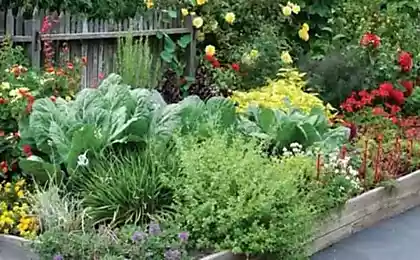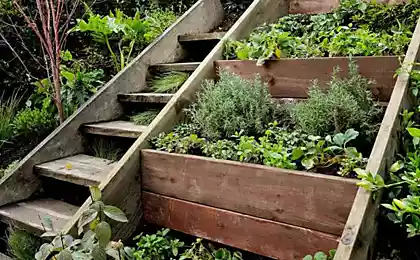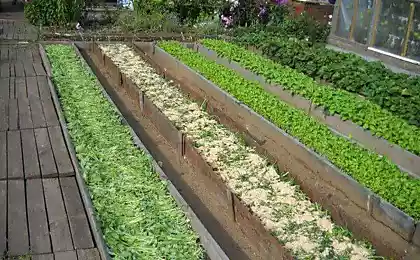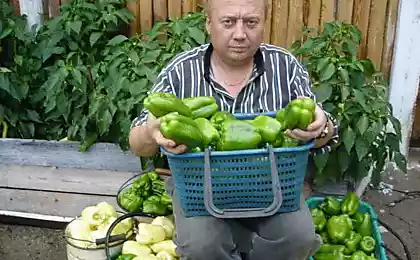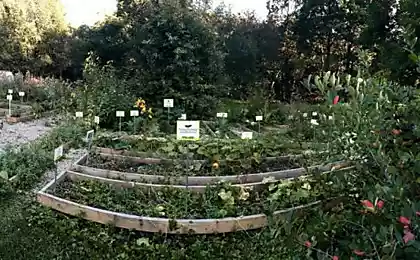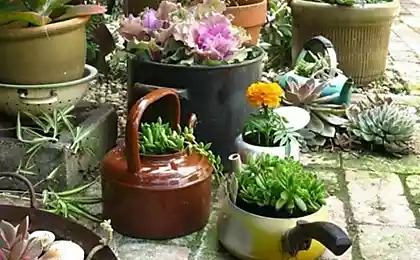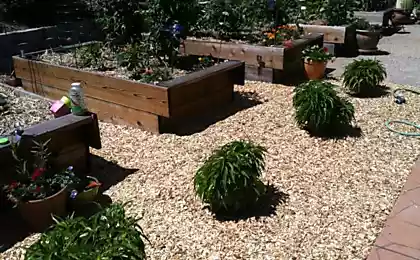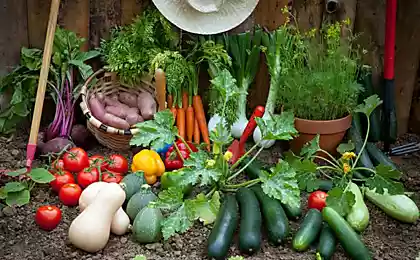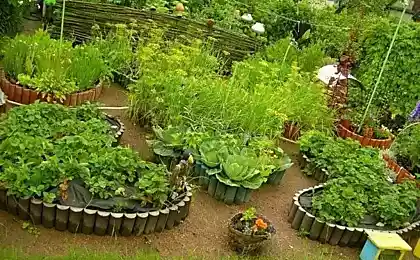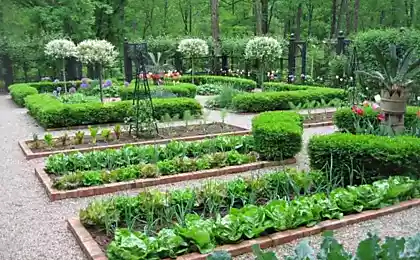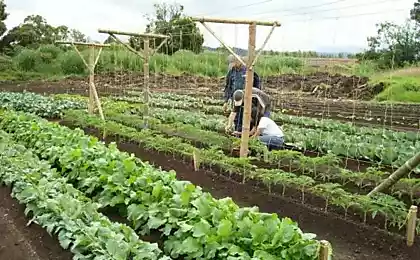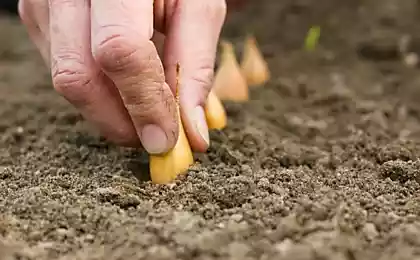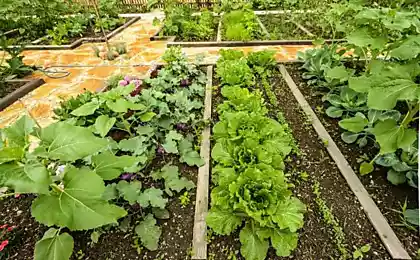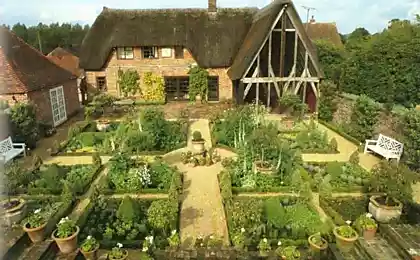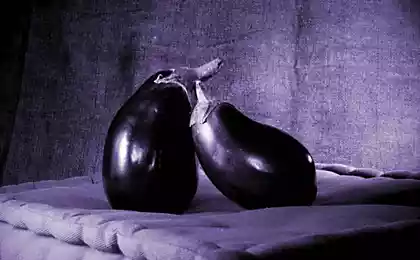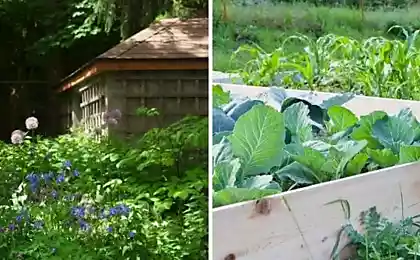170
Crying from onions is useful, but not in the case when the onions spoil in the beds
Onions are a popular inhabitant of beds and the main favorite of all summer residents. Usually gardeners do not experience special problems with this culture, but there are certain nuances. Well, today we're with the editorial board. "Site" We'll tell you. How to grow onions in the groundI want it to be big and not rotten.
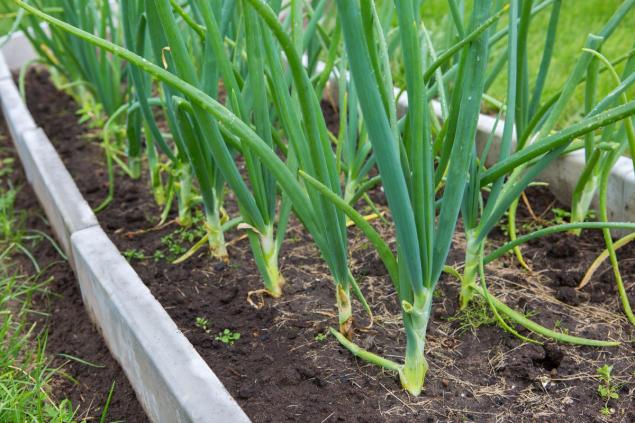
At first glance, it seems that it is not difficult to grow onions. But sometimes gardeners face unpleasant phenomena. For example, The feathers begin to turn yellow, and the bulbs themselves - to rot.. If you approach the cultivation process correctly, then all this can be avoided and enjoy a generous harvest.
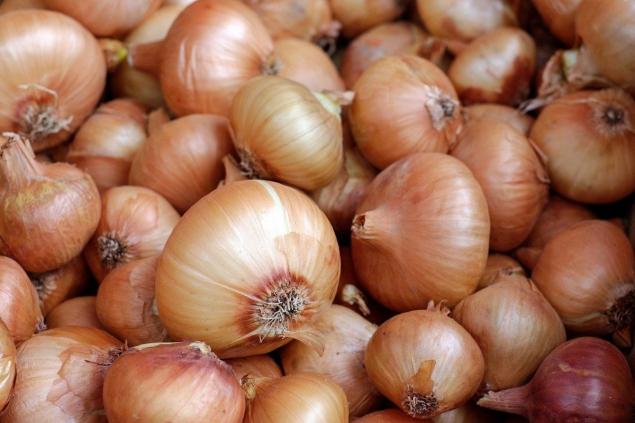
First, there are three ways to grow onions: seeds, sowing and seedlings. On the garden plot. It is most practical to grow a culture from onions.. In this case, the landing is carried out either in late autumn or early spring. Spring landing, of course, is preferable. In the case of planting in autumn, early shoots may appear, which then die from frost, and in winter may partially rot.
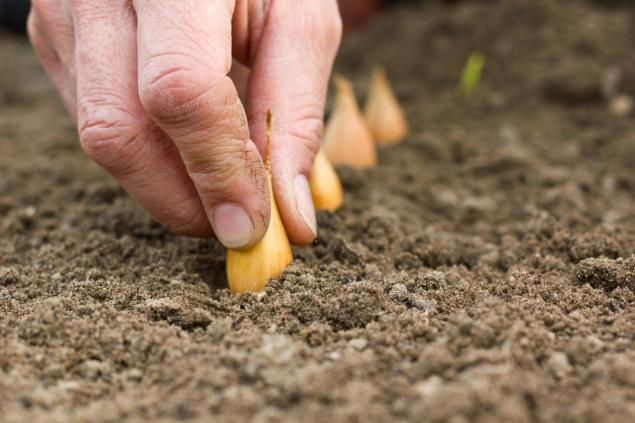
Secondly, very important. timing. It is better to hold in late March-early April. In cold regions, this favorable period shifts to the end of April-early May. If you plant a bow in unheated soil, then it can begin to shoot. And if you delay planting, onions can slow growth in dry, superheated soil. Then the large bulbs will not form.
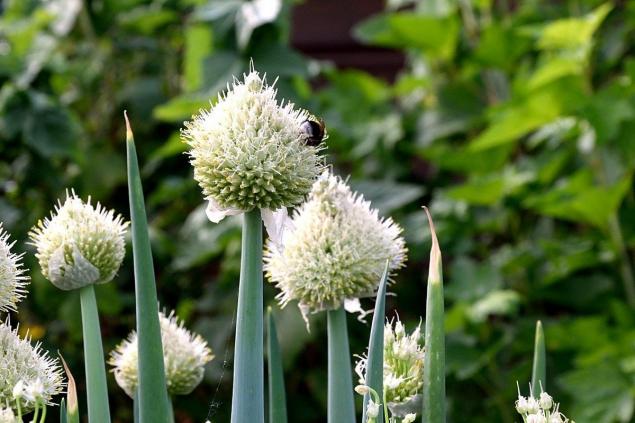
Onions require regular watering. If summer is hot and dry, you should water. A month or a month and a half before harvest, watering should be reduced, and then completely stopped.
Sometimes the onions get rotted. There could be several reasons. Perhaps the planting material itself was of poor quality. It is better to buy sowing from a proven manufacturer and treat it with potassium permanganate before landing. The second reason may be to plant onions in the same place as last year. Or in a garden where incompatible cultures grew. Onions are recommended to be planted where potatoes, beets, squash or cabbage lived last year.
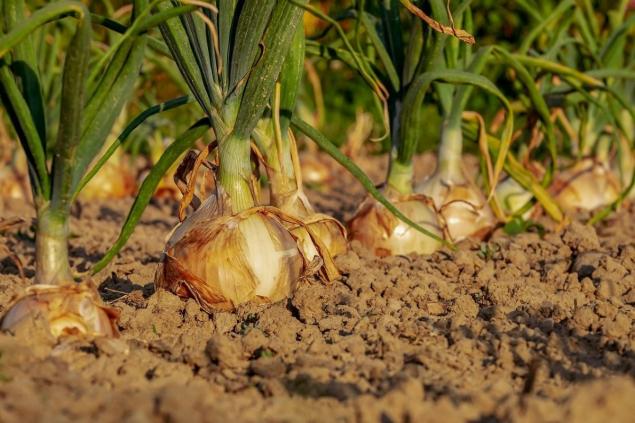
The cause of decay can also be hidden in larvae. These pests eat onion feathers and heads. You can protect the onions from the larvae of this fly by changing crops. The fact is that pests winter in the ground, and next year they are taken to destroy the crop. Well, pests have to be fought.
728289
However, not all gardeners accept the use of chemicals from pests. But there are folk ways. To expel an onion fly without chemistry, we need 1 tbsp of tobacco dust, which is available on the market. Don't worry, you don't have to rub tobacco by hand. Pour dust in 2-3 liters of hot water and leave for 48 hours. Then in the infusion add 1 tbsp. l. ground red pepper and liquid household soap. Add about 7 liters of water and mix the mixture. This composition waters the onions through the watering pot.
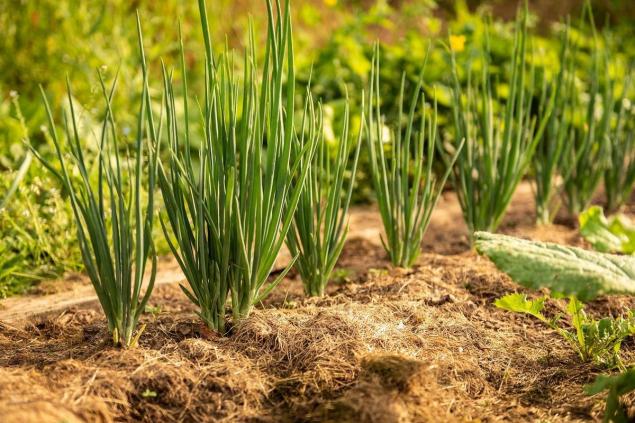
The gardeners also say that The onion fly does not tolerate the smell of velvets. Therefore, many plant an annual not only for decorative purposes, but also for crop protection. One thing is for sure: velvets, if they do not help, will not harm, unlike chemicals.
Another possible cause of damaged bulbs is fungus. For example, Fusarosis at first affects only the feathers, but then passes to the bulbs. At the first sign you need to take action, otherwise you can lose the entire crop. Fusarium rot develops due to high temperature and humidity of air and soil. The first symptoms are yellowed, curved leaves.
View this post on Instagram
A post shared by Dacha-manager Natalia (@na.tali__ya)
Now you know, How to grow onions in the groundprevent decay and control pests. Timely planting of high-quality material and proper care of the bed will provide you with a good onion harvest. If you have your own methods and tricks not described in the article, be sure to share in the comments!

At first glance, it seems that it is not difficult to grow onions. But sometimes gardeners face unpleasant phenomena. For example, The feathers begin to turn yellow, and the bulbs themselves - to rot.. If you approach the cultivation process correctly, then all this can be avoided and enjoy a generous harvest.

First, there are three ways to grow onions: seeds, sowing and seedlings. On the garden plot. It is most practical to grow a culture from onions.. In this case, the landing is carried out either in late autumn or early spring. Spring landing, of course, is preferable. In the case of planting in autumn, early shoots may appear, which then die from frost, and in winter may partially rot.

Secondly, very important. timing. It is better to hold in late March-early April. In cold regions, this favorable period shifts to the end of April-early May. If you plant a bow in unheated soil, then it can begin to shoot. And if you delay planting, onions can slow growth in dry, superheated soil. Then the large bulbs will not form.

Onions require regular watering. If summer is hot and dry, you should water. A month or a month and a half before harvest, watering should be reduced, and then completely stopped.
Sometimes the onions get rotted. There could be several reasons. Perhaps the planting material itself was of poor quality. It is better to buy sowing from a proven manufacturer and treat it with potassium permanganate before landing. The second reason may be to plant onions in the same place as last year. Or in a garden where incompatible cultures grew. Onions are recommended to be planted where potatoes, beets, squash or cabbage lived last year.

The cause of decay can also be hidden in larvae. These pests eat onion feathers and heads. You can protect the onions from the larvae of this fly by changing crops. The fact is that pests winter in the ground, and next year they are taken to destroy the crop. Well, pests have to be fought.
728289
However, not all gardeners accept the use of chemicals from pests. But there are folk ways. To expel an onion fly without chemistry, we need 1 tbsp of tobacco dust, which is available on the market. Don't worry, you don't have to rub tobacco by hand. Pour dust in 2-3 liters of hot water and leave for 48 hours. Then in the infusion add 1 tbsp. l. ground red pepper and liquid household soap. Add about 7 liters of water and mix the mixture. This composition waters the onions through the watering pot.

The gardeners also say that The onion fly does not tolerate the smell of velvets. Therefore, many plant an annual not only for decorative purposes, but also for crop protection. One thing is for sure: velvets, if they do not help, will not harm, unlike chemicals.
Another possible cause of damaged bulbs is fungus. For example, Fusarosis at first affects only the feathers, but then passes to the bulbs. At the first sign you need to take action, otherwise you can lose the entire crop. Fusarium rot develops due to high temperature and humidity of air and soil. The first symptoms are yellowed, curved leaves.
View this post on Instagram
A post shared by Dacha-manager Natalia (@na.tali__ya)
Now you know, How to grow onions in the groundprevent decay and control pests. Timely planting of high-quality material and proper care of the bed will provide you with a good onion harvest. If you have your own methods and tricks not described in the article, be sure to share in the comments!
Week of beet salads of the times of the USSR according to the recipe of a cook from the factory dining room
The gardener shared a method to grow “faced” cabbage
